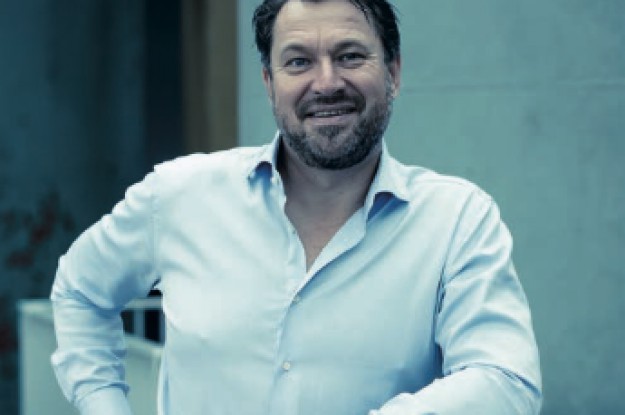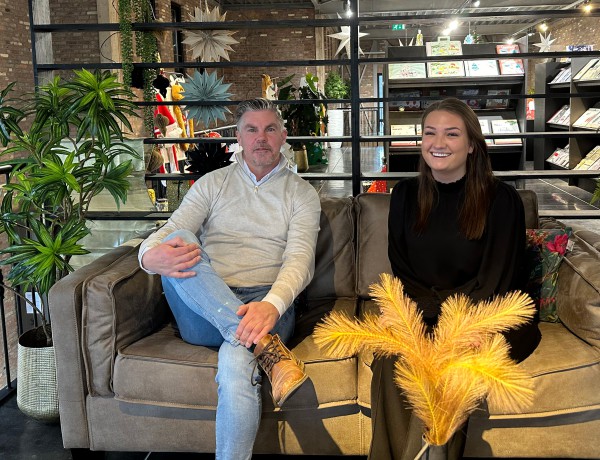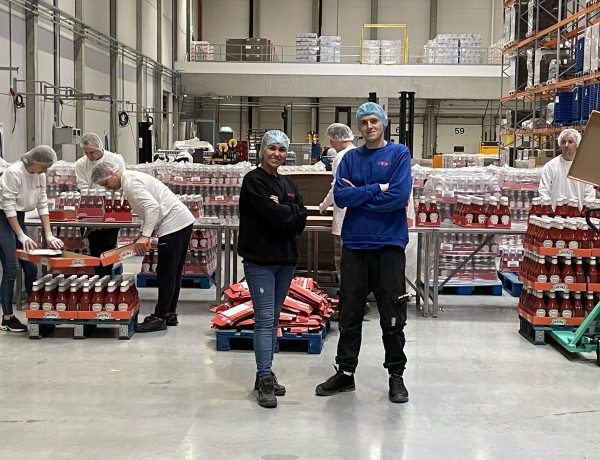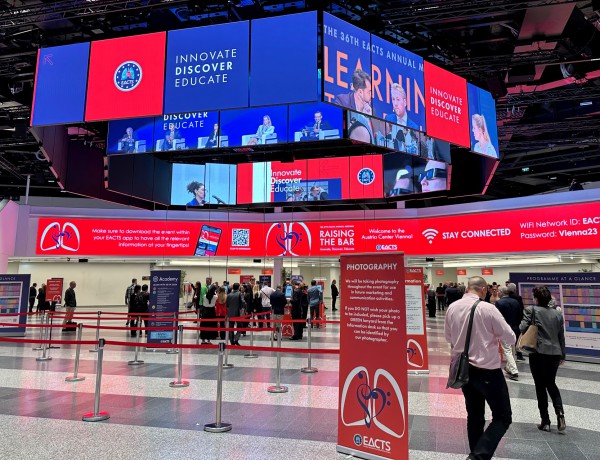The Vetipak site in Zeewolde is home to our successful long-term partnership with Bakker Logistics, part of the STEF group. It’s also where we work for Dynamic Products Factory, which develops creative products for the retail sector. We recently ensured that a multitude of party items in 3,300 displays reached their destinations with a well-known German retail chain. We joined forces to run the whole process from A to Z for D.P. Factory.
On the sense and nonsense of tenders
The article was an excellent opportunity for Mark to share his thoughts on tenders, because he has some strong opinions on the subject. As he said at the beginning of the interview:
“When we participate in a tender process, we always request all of the data: what does the client want, and under which conditions? We always take a close look at those details, and in the end we frequently decide not to participate. Why? Most companies look mainly at the costs, and quality is a secondary concern. I prefer not to take that approach.”
The price isn’t what makes a difference
Good tenders with a realistic assignment, complete information and the challenge of growing together are the type we like to participate in. Mark doesn’t believe in competition based solely on price, because price is never Vetipak’s main sales pitch. We’d rather make the difference together, just like our slogan promises.
As Mark explained in the interview: “We can earn much more for the client if we look for ways to improve products and processes together”.

“We’re all about the long term”
Customer intimacy
The benefit of a durable, long-term relationship is a recurring theme in the article. While Pim Ketelaars is excited about participating in tenders as a way to stay sharp and innovative, Mark prefers customer intimacy and experiencing a good learning curve together to achieve mutual benefit.
“We’ve worked with many of our clients for years, and we’ve built up a high degree of customer intimacy. In those cases, we’d rather sit down together regularly to see how things are going, what we can improve, and where we can cut costs, than participate in a tender once every two or three years. The short-term focus that’s often implied in a tender encourages people to mainly concentrate on the price.”
Mark continues: “I don’t even participate in a lot of tenders, because I know that during the first year I’ll only be clearing the rubble left behind by my predecessors. And that’s not how it should be. We’re all about the long term.”
In the article, Mark also talks about the frequency of tenders and about issuing calls for tenders ourselves. If you’re interested in his thoughts on the matter, then click on the link below:
‘De zin en onzin van tenders’ (The Sense and Nonsense of Tenders, in Dutch (pdf))


